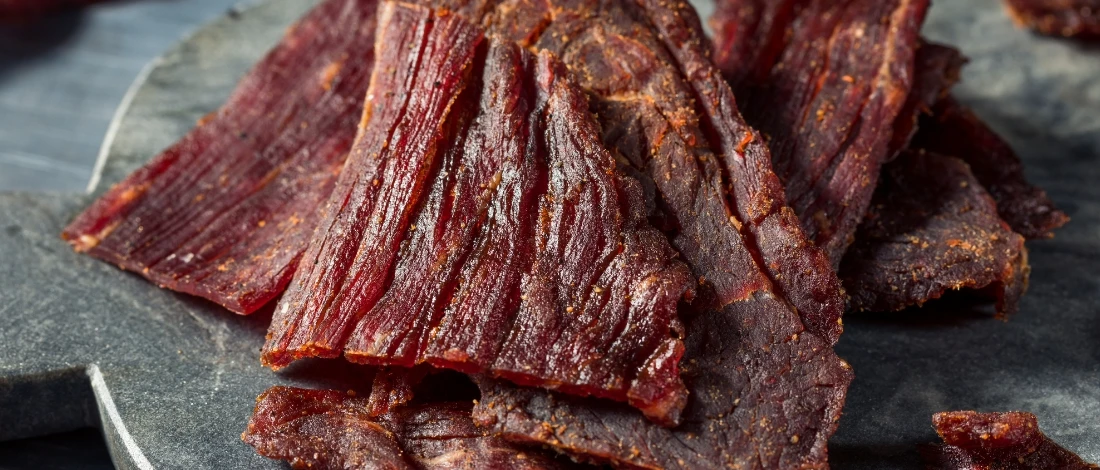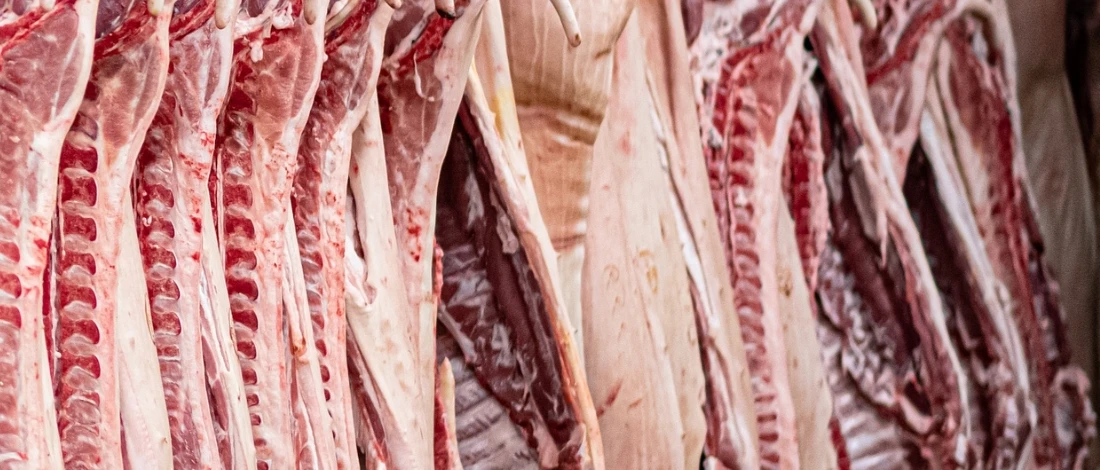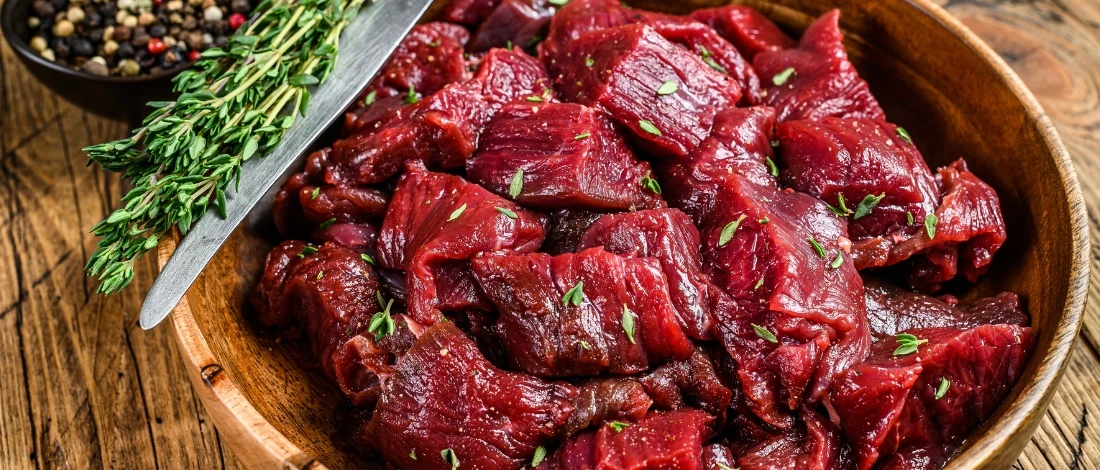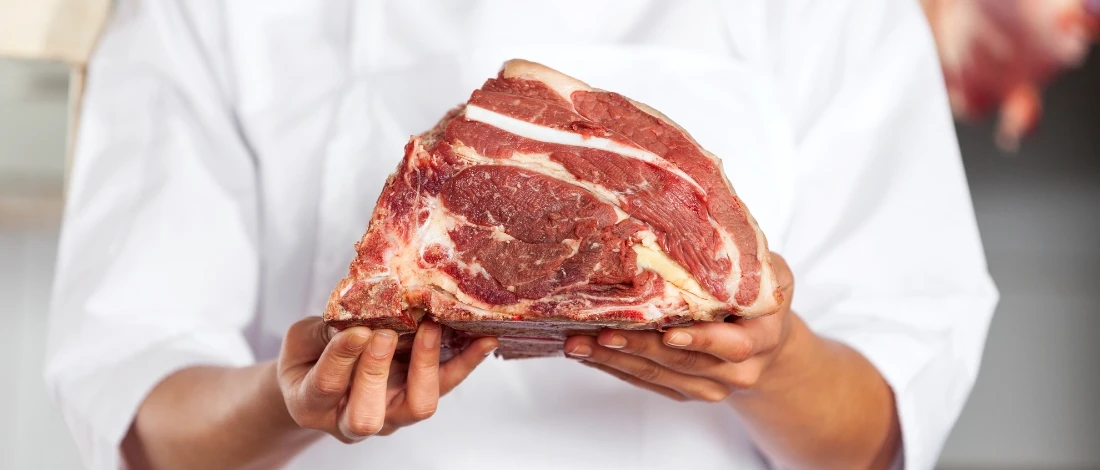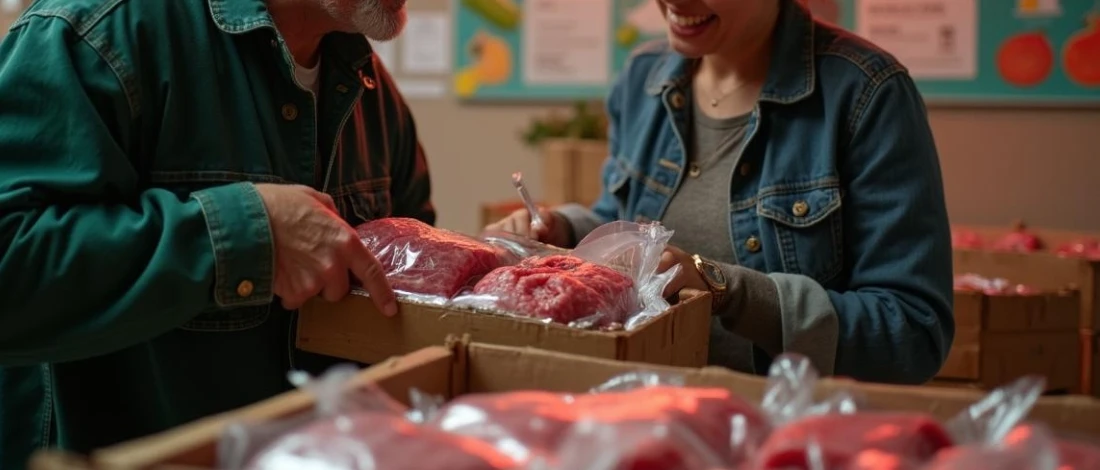An Idaho meat processor is fighting back against allegations from several dairies, filing counterclaims that accuse the farms of misleading the company with old, low-value cattle.
Intermountain Packing, based in Idaho Falls, has come under fire after three dairies—Dry Creek Dairies and Idaho Magic Milk from Idaho, and Washington Agri-Investments from Washington—claimed they were owed $2 million for cattle sold to the packer.
The dairies allege Intermountain failed to honor payment for cows delivered last year, issuing “stop payment” orders on checks after accepting the livestock.
However, Intermountain denies the accusations, accusing the dairies of fraud and misrepresentation, claiming that their deliveries amounted to trespassing.
The company argues that the dairies, desperate to offload old cattle no longer producing milk, turned to a broker who arranged the deliveries to Intermountain in exchange for a commission.
The packer states that it repeatedly told the broker it could not accept any more livestock due to financial losses from processing low-quality cattle.
Despite these warnings, the dairies continued sending cows throughout the fall of 2023. In its counterclaims, Intermountain says the dairies never informed them that they were pushing cattle onto the company because they lacked alternative options for processing the animals.
To minimize losses and ensure humane treatment of the cows, Intermountain kept processing the livestock. However, they assert that the dairies had promised to negotiate fair terms on price and payment, which they later failed to uphold.
The dairies attempted to cash post-dated checks meant to be paid at a later date, prompting Intermountain to stop payment on the checks.
Frustrated, the dairies filed a lawsuit, accusing Intermountain of fraud and causing reputational and financial harm. Intermountain responded by filing counterclaims seeking the dismissal of the lawsuit, damages, and reimbursement for litigation costs.
The packer also noted that it sold some of the meat, but the sales did not cover processing costs, deepening their financial losses.
This ongoing legal battle highlights the challenges faced by the meatpacking industry when dealing with distressed cattle and broken business agreements. The case is still in progress, with the next phase awaiting trial.
You May Also Like: Alaska Plane Crash Linked to Excessive Moose Meat and Antlers, Killing Congressman’s Husband

